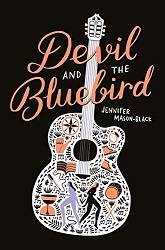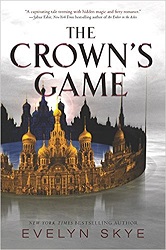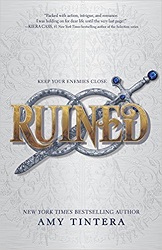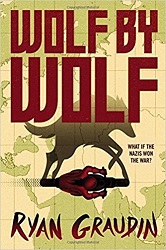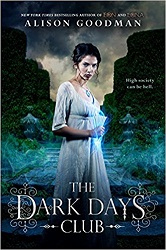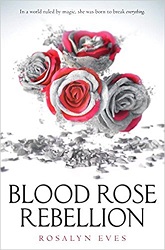Review of Devil and the Bluebird, by Jennifer Mason-Black
by Jennifer Mason-Black
Amulet Books (Abrams), 2016. 327 pages.
Blue Riley goes to a crossroads at midnight to make a deal with the devil.
She wants to find her sister, who walked out two years ago. She’s pretty sure her sister made her own deal.
She meets there a lady in a red dress, who does make a deal.
Blue tries to trade her soul for her sister’s. But instead the lady offers her a game.
“You win, your sister comes home, safe and sound. I win, two souls for the price of one.”
The lady gives Blue six months to find Cass, and she even gives her a homing device — enchants her boots to tell her the right direction.
But after Blue accepts the deal, the lady changes the terms. Did Blue think it would be easy? The lady takes her voice, so she can’t make a sound. “You win the game, you get your sister and your voice back.”
And the terms get harder as she goes on the road. If someone she meets learns her name, then Blue can only stay with them for three days — or it will be bad for them. If they don’t know her name, Blue can stay with them for three weeks.
Blue sets out with $900, her guitar, and a notebook and pencil for trying to communicate.
Magic realism is not my thing, so this story isn’t something I’m naturally drawn to. It ends up partly as a catalog of the dangers that homeless people face. Not that it comes across as dry like a catalog — you care deeply about each one.
But it’s also an exploration of family and music and success — and what people are willing to give up to find success. Or fake success. And what it means to be who you truly are.
jennifermasonblack.com
driftwoodgal.tumblr.com
amuletbooks.com
Find this review on Sonderbooks at: www.sonderbooks.com/Teens/devil_and_the_bluebird.html
Disclosure: I am an Amazon Affiliate, and will earn a small percentage if you order a book on Amazon after clicking through from my site.
Source: This review is based on a book sent to me by the publisher.
Disclaimer: I am a professional librarian, but I maintain my website and blogs on my own time. The views expressed are solely my own, and in no way represent the official views of my employer or of any committee or group of which I am part.
What did you think of this book?
